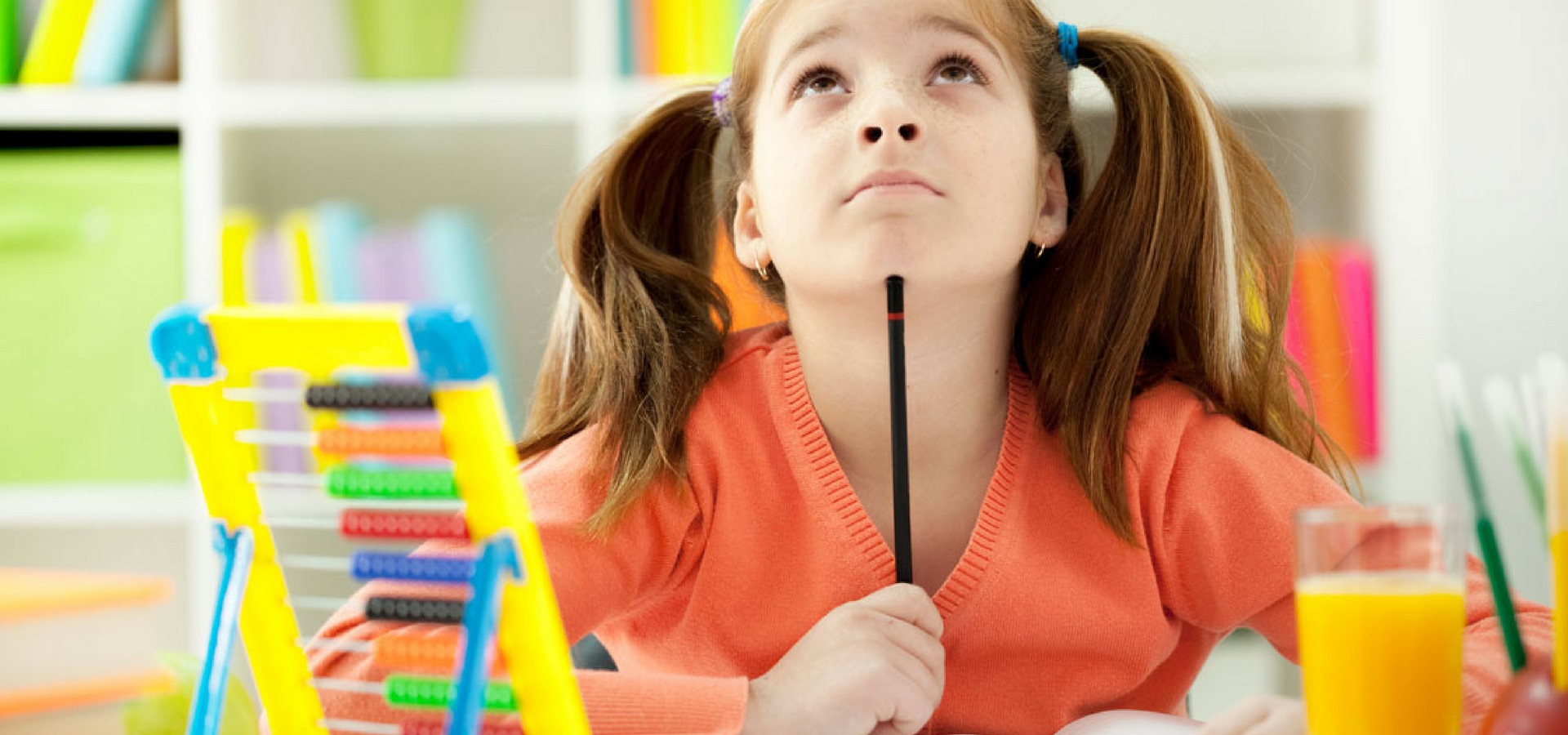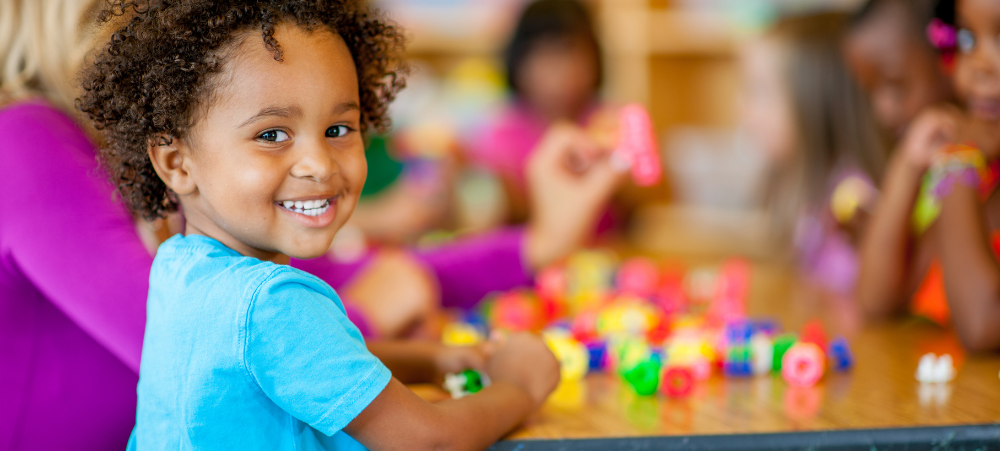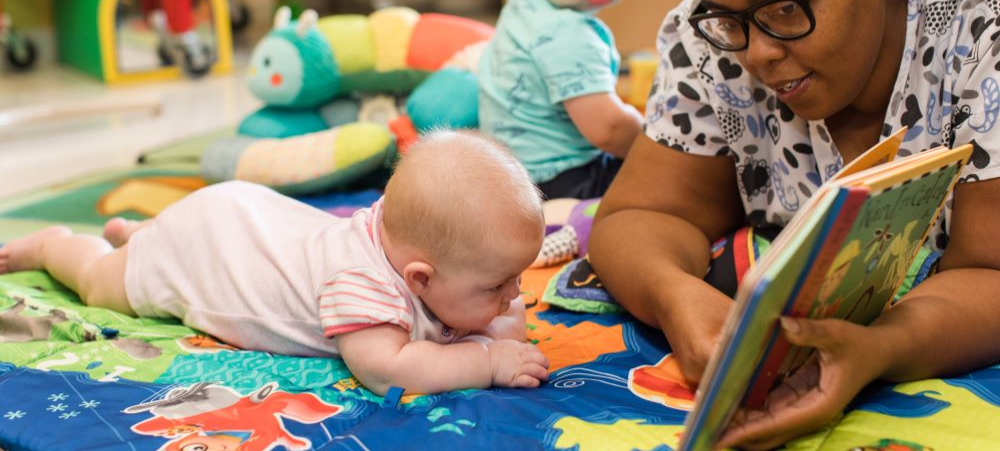By… Chantelle Anderson – Head Directress and Owner at Montessori Nosipho pre-school
As an early childhood educator I often come across concerned parents who ask the question, when is the right time for my child to start school?
There are many things to consider when answering this very important question. Maria Montessori believed that children pass through different stages throughout their development when they have a sensitivity to learn a specific skill, hence she came up with the term ‘sensitive periods’.
Children are in their sensitive period for many things between birth and 6 years of age so it is important to make sure that when they enter into each stage that their needs are met and they are stimulated correctly and sufficiently in order for them to develop in all the ways necessary, cognitively, intellectually, socially, emotional and physically.
Different sensitive periods include, sensitive period for order, language, movement, refinement of senses, grace and courtesy, numbers, just to name but a few.
A child’s sensitive period for language is between birth and 6 years, actually believe it or not from 7 months in utero to 6 years old. The prenatal influence on language is important as this will allow a child to start making sounds and speaking small simple words at the age of 7-8 months to being able to communicate with 3-4 words sentences by 3 years of age. In saying this, this is an important part of a child’s life, as they need to be able to use words or language in order to communicate, a vital part in our everyday lives.
I have heard concerns from many parents that because their child isn’t of speaking age, it is atomically assumed that they cannot attend school because they cannot communicate. This is not the case at all as children will only learn faster and be more advanced being around children of their similar age and having the stimulating environments influence on them, especially in a Montessori environment were children are encouraged to develop through many different ways and experiences, so why can’t they be at school? Why can’t they listen to their older siblings or school peers speak and teaching them how to do so in turn? Children will often copy a child of similar age better than that of a much older sibling or parent so school would give them the best opportunity for this.
Another important sensitive period that cannot be missed and certainly won’t be tented to being at home stuck in front of the T.V or not having an adequate environment to help them through this stage or to help the child develop is the sensitive period for movement.
A child may learn to crawl, walk and run in their home environment but in the unfortunate event that a child lives in a home environment where they don’t have a garden or play area how will a child learn other necessary skills or how will they meet their sensitive period for movement (birth to 4 years). An early childhood setting will help them by meeting their needs by providing the child with playground equipment that the child can learn to manipulate, and activities that encourage a lot of movement, for example something simple like fetching their snack from their bag, or walking to the bathroom to wash their hands, or tucking in their chair after working at a table, or simply packing away a book they have read, an activity they have done or even toys they have played with. In turn doing all these very simple activities will not only meet their need for movement but will also help develop the child in other ways, fine and gross motor skills, independence, concentration and so on. They are all so closely linked and without the completion of once stage of development another cannot start.
My favourite sensitive period that I love watching children work through and explore is their sensitive period for refinement of senses. A child is fascinated with their sensorial experiences such as weight, smell, touch, taste, and sounds, enabling them to make sensory discriminations. A Montessori environment provides the early child with the ability to explore all of these with specifically designed apparatus, such as taste bottles, the sound bottles, the Montessori bells, the baric tablets and touch tablets etc. In a home environment a child will no doubt be exposed to some of these, for example smelling what mom is cooking for the children, walking around the house feeling the different surfaces they walk on, listening to the different sounds they hear, car driving past, a bird, the wind etc, but why should a child be limited to these experiences only when they can have so much more at their fingertips while they are at school.
As an example in our Montessori classroom, we provide the children with a nature table, giving them the chance to not only explore the outdoors while looking for something to put on it, but to touch and feel different weights and roughness of items, or feeding the fish in the fish tank, and often with a surprised look on their face when they find out the texture of the fish food, or when their fingers accidentally touch the water and they realise its warmer than they thought. At art time getting the feeling of paint on their hands, or gluey fingers, of the surprising sounds when they cut different textured paper or draw with different crayons, chalk, pencils and charcoal, or the noise of tearing tissue paper, the list is endless.
It is so vitally important that a child is given the opportunity to develop with the correct environment around them, think back to your childhood, some of my best memories are with the group of friends I met at my pre-school and how we endured this new thing of ‘going to school’ together but had so much fun in doing so, working through our different stages of our childhood and growing together rather than being home, although in an environment I loved, but often wanting so much more to do. I’m extremely grateful that my parents sent me to school at the age or 2 years old, otherwise I would have missed all those moments and memories that make you who you are today.
So don’t think pre-school is just for your children to play at or somewhere you send them to pass the day, but rather a time of learning and developing in their lives, a time that you can’t give back to them if it hasn’t been done correctly. So find your child that early childhood school they deserve not one where they play and sleep all day but rather help them to meet the so many needs they have before these important years pass.
We understand that there are many aspects that encompass a Mother, Father or Child and strive toward providing resources and services that accommodates this.
Our content is aimed to inform and educate families on issues starting from pregnancy through to the challenges of the teen-age years.
- Tips for Breastfeeding in Public: Confidence and Comfort - November 20, 2025
- Eskort launches Kiddos: South Africa’s first pork range made just for kids - November 13, 2025
- Putting the Power of Learning in Learners’ Hands During Global Education Week - November 12, 2025





